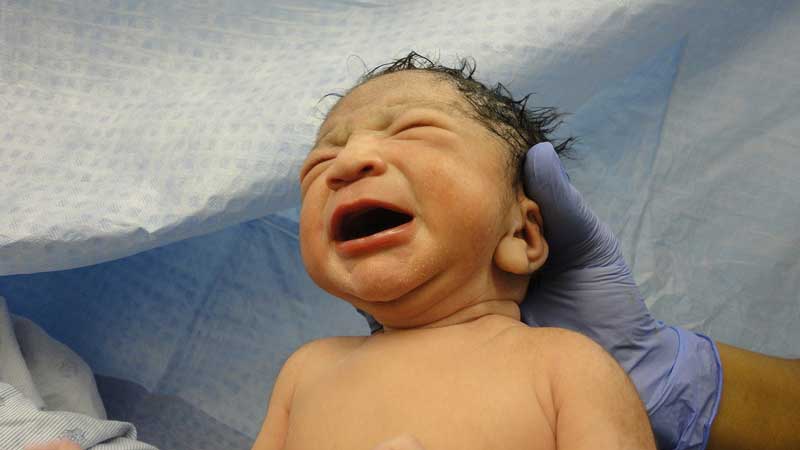What causes premature birth in humans when a baby is born before 37 completed weeks of gestation, it is arbitrarily defined as a preterm or Premature Birth. Premature babies get less time to grow and develop in the mother’s womb and thus, they are likely to experience various anatomical and functional immaturities including pulmonary disorders, Hypothermia, heart failure, bronchopneumonia, meningitis, gastro-enteritis, anemia, jaundice, retinal problems or blindness, etc.
What Causes Premature Birth In Humans
According to a report, published by the Institute of Medicine, USA, the rate of Premature Births has increased by more than 30 percent in the last two decades. The increased incidence of congenital malformations in preterm babies results in higher mortality rates in newborns. Most of the deaths (two-thirds) occur within 48 hours of birth what causes premature birth in humans For more informative blogs visit Ideal Writer.
The mortality rate is as high as 97 percent in case of premature births below 23 weeks. The incidence of major handicaps is also observed in the long run. The infant may suffer from cerebral palsy, hearing loss, behavior disorder, chronic lung disease, and poor growth.
Effective neonatal care, constant clinical supervision, and the management of preterm labor are crucial in arresting Premature Births complications both in the mother and the baby what causes premature birth in humans.
Timely recognition of preterm labor may prevent premature birth. If you experience early labor (before the 37th completed week), see the doctor immediately. The common symptoms of preterm labor include regular uterine contractions with or without pain (at least once every 10 minutes), pelvic pressure, backaches, vaginal discharge, or bleeding.
Your doctor can prevent the preterm onset of labor, if possible. Visit an obstetrician regularly during the Pregnancy days. You are also required to take good care of your health and maintain a healthy lifestyle. Correct levels of nutrition, adequate hydration, and a lot of rest can reduce the risk of premature births. Do not engage yourself in strenuous work, limit stress, and avoid taking medicines if not prescribed by your doctor. A prompt diagnosis of preterm labor and the adoption of good prenatal care can improve the condition of the baby and may also delay premature birth.
Caring for preterm babies after birth is a challenging task for mothers. You need to monitor the infant’s growth and development, seek medical support and take precautionary measures to mitigate potential risks in days to come. Preemies require extra care and attention throughout. Routine check-ups are inevitable too. They are usually low-weight babies, more susceptible to serious infections, and undergo delayed developmental progress.
Do not feel depressed. Consult pediatricians and caregivers to learn more about Premature Births, preterm babies and the required level of baby cares. Follow the medical guidelines and advice as recommended by health professionals. You can also depend on web resources to know more about coping skills and processes and how to care for preemies at home and what causes premature birth in humans.




